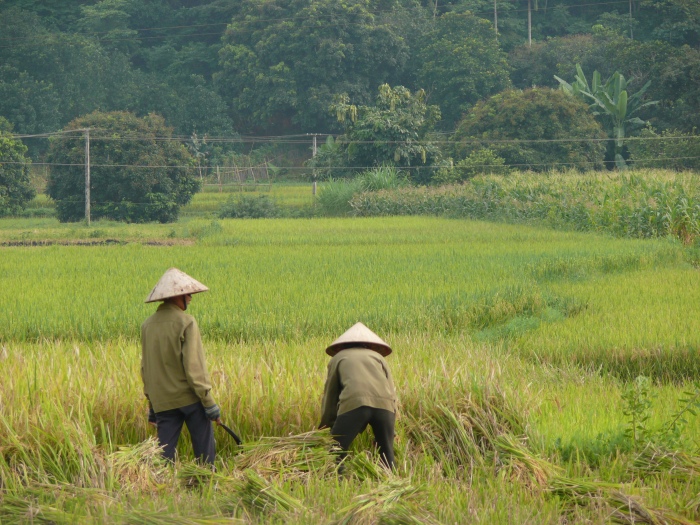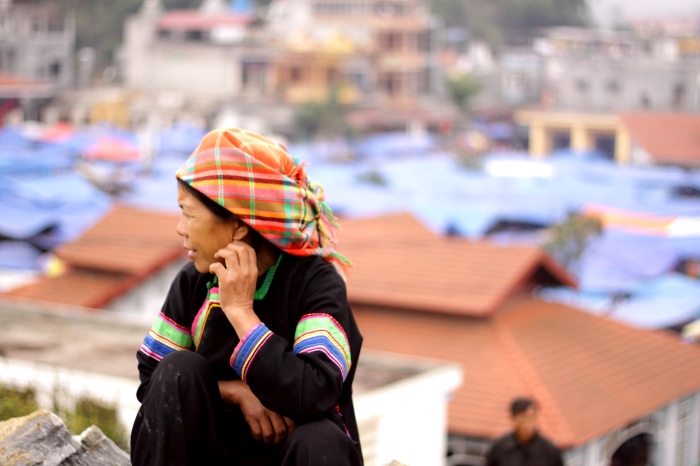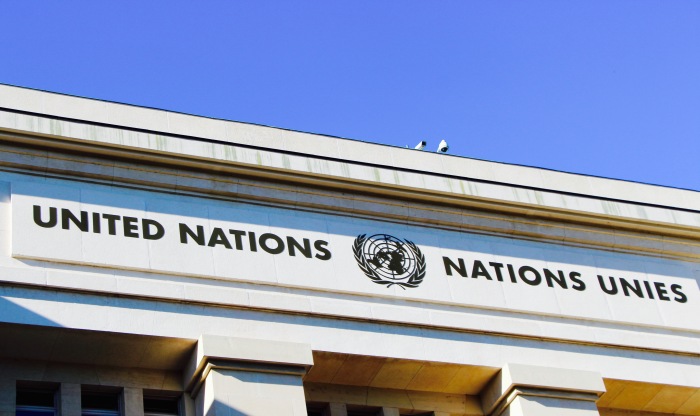The Communist Party of Vietnam routinely violates the civil and political rights of its people. The right to freedom of expression, opinion and speech is tightly restricted and suppressed, with little or no space for the voice of civil society. The Vietnamese government regularly imprisons individuals for human rights work including exposing corruption, offering legal assistance, organising peaceful protests, and using social media to advocate on social issues and speak out against social injustices.
Many human rights defenders risk their own safety to stand up for victims of human rights violations, including the right to freedom of religion or belief (FoRB). Those who speak out frequently face harassment, intimidation, intrusive monitoring and even imprisonment by the Vietnamese government.
Six such activists are Nguyen Van Dai, Le Thu Ha, Nguyen Trung Ton, Nguyen Bac Truyen, Pham Van Troi and Truong Minh Duc. On 5 April 2018, they stood trial under accusations of ‘carrying out activities aimed at overthrowing the government’, receiving prison sentences of between seven and 15 years.
Continue reading “Silenced for defending the oppressed – standing up for Vietnam’s prisoners of conscience”

